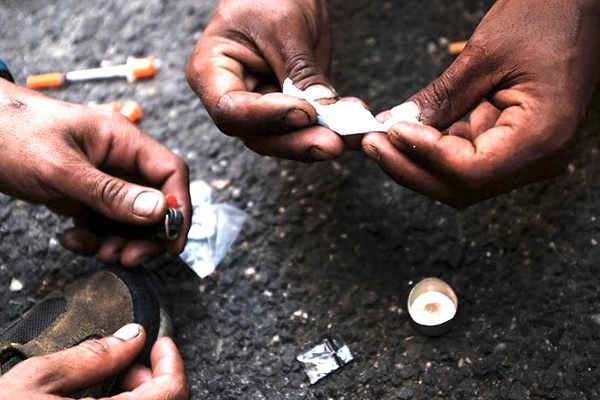RYAN HAMPTON OPINION –
June 13, 2022 – I went to many treatment centers in my area but was told that without the “right” insurance I would have to wait for a scholarship bed to become available. The list filled a thick, three-ring binder. Pages and pages of names were before mine. When a bed opened, the front desk staff would start calling. The first person to answer was admitted. I remember the sense of hopelessness I felt as I saw the hundreds of names. What if I missed the call? What if I died before I could get the help I needed?
To say my recovery was a close call is the understatement of a lifetime. I know how fortunate I was to get that bed and the life-saving medical help I needed. Yet, after I entered treatment, another ordeal began. I had survived just to witness the deaths of my friends and loved ones. Dozens of people whose families loved them, people who deserved a chance—overdosed and died. Often, they were waiting on insurance approval for treatment. Those arbitrary limits on substance use disorder coverage led to recurrences of use, overdose, and even death.
Who holds insurance companies accountable?
Saying “no” to someone with a life-threatening illness is a death sentence. But insurance companies have always cared more about their bottom line than clinical standards. And holding them accountable—even in court—has proven nearly impossible. In 2019, the District Court ruled in one of the most significant health policy cases of the 21st century. Wit v. United Behavioral Health (UBH)decided that the nation’s largest insurer was wrong to use its internally developed standards of coverage instead of widely accepted clinical standards of care. The court decided that insurance companies must make “medical necessity” determinations consistent with accepted clinical standards.
The decision made it harder for companies to deny coverage based on arbitrary, profit-motivated, and internally developed criteria. It sided with patients. It was a step in the right direction.



